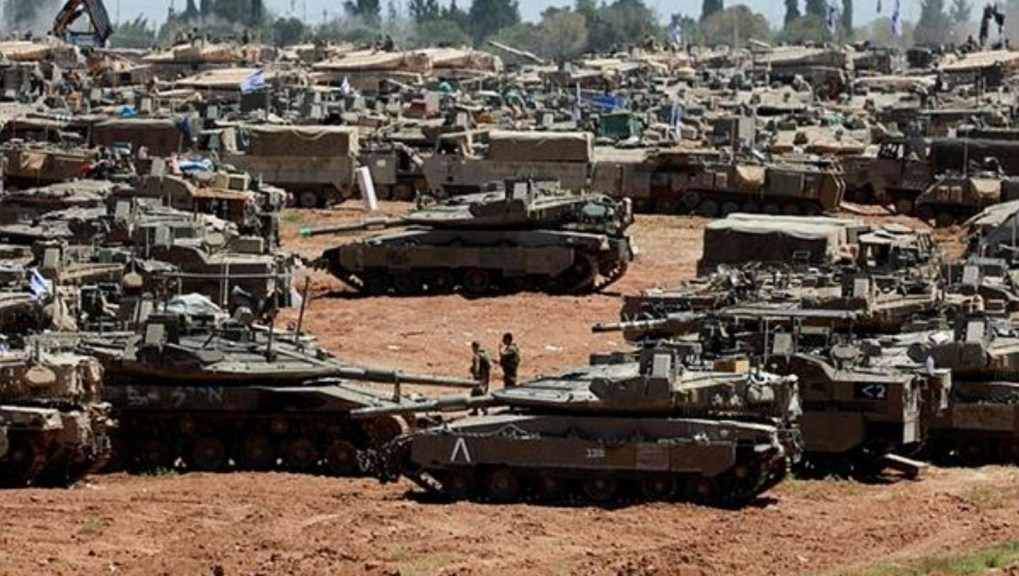It has been just over two weeks since Israel began a slow-motion invasion of Rafah, forcing the evacuation of hundreds of thousands of people.
For months, Rafah had served as the last refuge for 1.5 million Palestinians who had fled from all areas of the Gaza Strip, assured they would be safe there. Rafah has become largely a ghost town, offering nothing to the displaced families who remain desperately seeking help.
Reuters news agency reports that Israel’s military is continuing its attacks in three eastern suburbs of Rafah while Israeli tanks are advancing on Rafah’s southeast and have reached the city’s densely-populated western district of Yibna.
“The occupation is trying to move farther to the west. They are on the edge of Yibna, which is densely populated. They didn’t invade it yet,” one Rafah resident told Al Jazeera news agency. “We hear explosions, and we see black smoke coming up from the areas where the army has invaded. It was another very difficult night,” he said via a chat app.
The Norwegian Refugee Council’s emergency response leader in Gaza, Suze van Meegen, said many civilians were still stuck in the Rafah warzone. “The city of Rafah is now comprised of three entirely different worlds: the east is an archetypal war zone, the middle is a ghost town, and the west is a congested mass of people living in deplorable conditions,” she said in a statement.
“People have no choice but to put their faith in so-called ‘humanitarian safe zones’ designated by the forces that have killed their family members and destroyed their homes,” she added.


